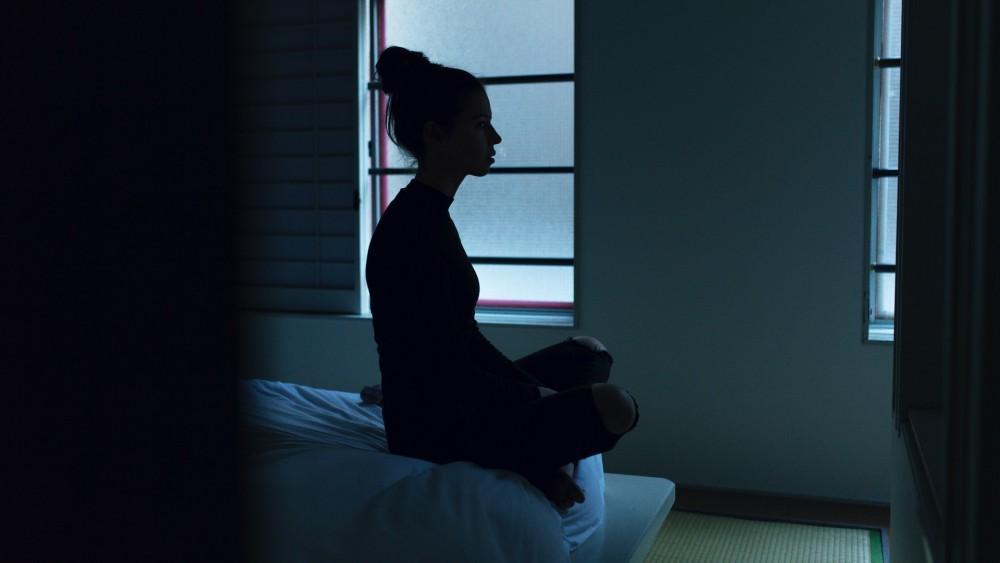Depression and anxiety are common mental health conditions that can co-occur. A research study found that half of the people with either depression or anxiety suffer from the other condition.
Although both depression and anxiety have their own causes, they share many similar symptoms. Ways to deal with both mental health conditions frequently overlap.
Read on to learn more about how to overcome anxiety and depression.
The Symptoms of Anxiety and Depression
Before you treat or develop coping strategies for a mental health condition, you need to understand its symptoms:
Depression
While feeling upset or sad is normal, it can be quite concerning if you feel that way for several days or weeks.
Here is a list of common physical symptoms and changes in behavior caused by depression:
- Decreased energy/Chronic fatigue
- Difficulty concentrating or deciding
- Pain, aches, cramps, or gastrointestinal problems
- Changes in appetite or weight
- Difficulty sleeping, waking up, or oversleeping
Some emotional symptoms of depression include:
- Loss of interest in pleasure activities or hobbies
- Feeling pessimistic
- Anger and irritability
- Feeling worthless or guilty
- Thinking about death or suicide
Anxiety
Anxiety can happen to anyone from time to time. It is normal to experience anxiety before making an important decision or a big event. However, chronic anxiety can be draining and lead to thoughts that interfere with your life.
Physical symptoms caused by anxiety disorders include:
- Feeling tired
- Finding it hard to concentrate
- Muscle tension
- Grinding teeth
- Sleep difficulties
- Racing heartbeat
Anxiety also has emotional symptoms such as:
- Restlessness
- Irritability
- Difficulty controlling fear
- Feeling worried or panicked
- Dread
How to Overcome Anxiety and Depression
If you ever find yourself experiencing the symptoms of anxiety and/or depression, you need to seek help from a healthcare provider and implement some coping strategies to manage your symptoms.
Here are some tips on coping with depression and overcoming anxiety:
1. Exercise
Getting exercise can help ease the symptoms of depression and help you in overcoming anxiety. This is because exercise releases feel-good chemicals in the brain that enhance your sense of well-being. Exercise also distracts you from your negative thoughts. Walking for at least 10 minutes every day can alleviate your symptoms.
2. Practice Relaxation
Practicing mindfulness meditation for relaxation is a way of training your mind to slow down and let go of negativity. It can calm both your mind and body. By sitting quietly and focusing on your breathing, you can reduce the symptoms of both depression and anxiety and improve the quality of your life.
3. Visualize a Happy Memory
When a patient continually revisits a painful memory, it can tip them into emotional distress. Before you go to a dark place and let negative feelings overcome you, shut your eyes and visualize a happy memory. Think about the time when you graduated from college, got married to the love of your life, or had a baby. Describe the details of your happy memory to yourself. This will help your counter the gloominess and provide an immediate dose of positivity.
4. Reach Out for Support
One of the best ways of overcoming anxiety and coping with depression is to make yourself feel safe and cared for. Find a good listener, someone who will listen to you attentively and empathetically without judging you or being distracted. Connecting with support via phone calls or social media is a great way to make yourself heard, but nothing can replace face-to-face quality time. The simple act of talking to someone face to face about how you feel can play a significant role in relieving depression and keeping it away.
Contact Health One Family Medicine If You Experience Symptoms
A certified and licensed healthcare provider can help you manage the symptoms of anxiety and depression and suggest treatment methods for you. Get in touch with a provider from Health Once Family Medicine today by calling at (469)262-5762 or visit https://www.healthonemedicine.com/ to book an appointment.

